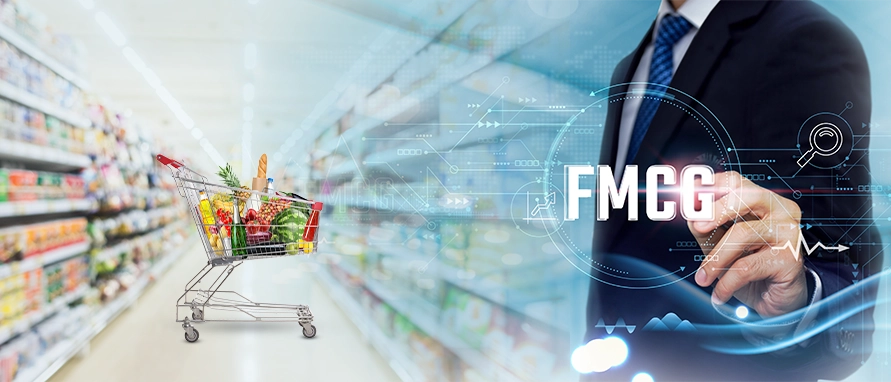The FMCG sector plays a vital role in India’s economic growth and social development. It is one of the most resilient FMCG industries, driving employment, consumption, and innovation across urban and rural markets.
Economic Contributor
The FMCG sector significantly contributes to India’s GDP by supporting a vast network of FMCG industries engaged in manufacturing, supply chain management, and retail. It also generates large-scale employment, particularly for semi-skilled and unskilled workers.
Daily Consumer Dependence
Products from the FMCG sector are used daily by millions of households, ensuring continuous demand even during economic slowdowns. This constant consumption makes the sector one of the most stable pillars of India’s consumer economy.
Investment Opportunities
The FMCG industries offer attractive opportunities for investors due to their steady cash flows, brand loyalty, and consistent performance. FMCG stocks are known for lower volatility compared to cyclical sectors and often deliver sustainable long-term returns.
Rural Development
The FMCG sector in India has played a major role in rural empowerment by creating employment, enhancing infrastructure, and improving product accessibility in remote areas. This has helped bridge the consumption gap between urban and rural regions.
Overall, the FMCG sector remains a cornerstone of India’s economy, driving consumption, investment, and inclusive growth while shaping the future of consumer markets nationwide.



.jpeg)












